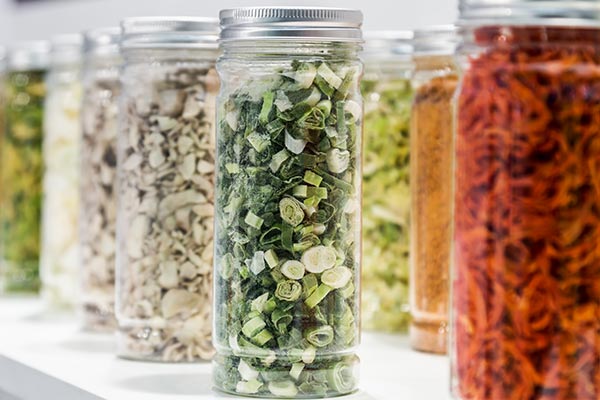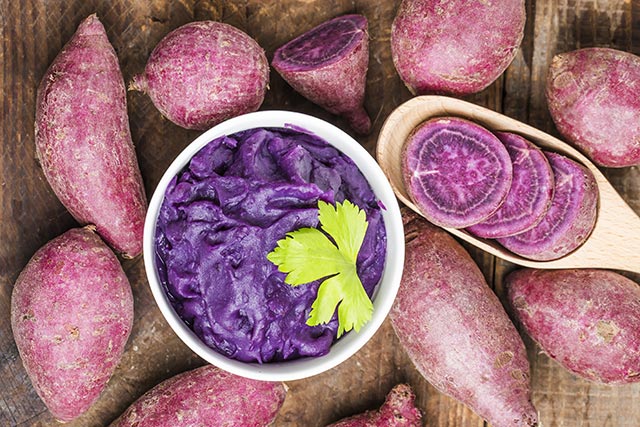 Parler
Parler Gab
Gab

.jpg)
A Minoan goddess supervising saffron use
Saffron's chemistry expresses otherworldly complexity. It contains over 150 volatile and aroma-yielding compounds - a biochemical symphony that ensures its mystery will never fully be plumbed, at least insofar as it great medicinal power remains refractory to the reductionist gaze of modern pharmacology. What power might that be? While mainstream coverage of saffron's weight loss promoting properties (via appetite suppression) on the Dr. Oz show has caused quite a surge of renewed interest in this exotic spice, saffron has far more to offer than that. It may, in fact, hold promise for serious neurodegenerative conditions such as Alzheimer's disease. Saffron's Evidence-Based Therapeutic Properties A 22-week multicenter, randomized, double-blind controlled trial of saffron in the management of mild-to-moderate Alzheimer's disease published in 2010, showed 15 mg twice a day was as effective as donepezil (Aricept) at 5 mg twice a day, with significantly less vomiting as a side effect. Another 16-week, randomized and placebo-controlled trial also published in 2010, showed that 15 mg of saffron twice per day was both safe and effective in mild to moderate Alzheimer's disease. This study is all the more powerful when you consider that Aricept, while the standard of care for the management of Alzheimer's symptoms, is actually a highly toxic chemical: Declaring Chemical Warfare On The Brain: Alzheimer's Drugs Are Neurotoxicants. The petals of the Crocus sativus plant have also been shown nearly equipotent to Prozac (fluoxetine) as a treatment for depression. According to a study published in the Progress in Neuropsychopharmacology and Biological Psychiatry in 2007, 15 mg of Crocus sativus petals were as effective as 10 mg of Prozac in treating mild to moderate depression, putting 25% of the participants into full remission. Another depression study published 2004 showed that saffron, at 30 mg a day, was as effective as the drug imipramine, at 100 mg a day, in the treatment of mild to moderate depression. Other experimentally confirmed therapeutic applications of Saffron include:Anxiety Disorders Asthenozoospermia (low sperm) Cardiac Hypertrophy Chemotherapy-Induced Liver Toxicity Colorectal Cancer Diabetic Neuropathy Dysmenorrhea (irregular menstrual cycles) Erectile Dysfunction Hypertension Inflammation Liver Cancer Middle Cerebral Artery Occlusion Multiple Sclerosis Opiate Addiction/Withdrawal Pancreatic Cancer Psoriasis Respiratory Disease Wound Healing
Saffron has been shown to modulate over 50 biological pathways, including but not limited to the following pharmacological actions:Anti-anxiety Anti-inflammatory Anticarcinogenic Antidepressive Antimutagenic Antioxidant Antiproliferative Aphrodisiac Apoptotic Bronchodilator Calcium Channel Blocker Cardioprotective Chemopreventive Chremotherapeutic Cyclooxygenase inhibitor Excitatory Amino Acid Agonist Hypnotics and Sedatives Hypotensive Neuroprotective Prostaglandin Antagonists Tumor Necrosis Factor Alpha Inhibitor
A note of caution is due with saffron, as any plant with such a great many modes of action and high biological activity at exceedingly low quantities, should be used with caution. In very small amounts, an herb like saffron may nudge a system into balance, or in a direction that the user may experience as a positive shift -- for example, as occurs when saffron is used in a dish as a spice, or consumed as a tea. However, in higher "pharmacological dosages," especially when mixed with over-the-counter and prescribed drugs, there is a risk of doing serious harm. Therefore please be careful, and consult a medical herbalist and/or physician whenever possible before using larger than culinary doses of saffron. Read more at: GreenMedInfo.comEssential spices and herbs for your food stockpile
By HRS Editors // Share
Coconut oil found effective in treating atopic dermatitis (dry, itchy, scaly skin)
By News Editors // Share
Research: Curcumin is a triple negative breast cancer killer
By News Editors // Share
Beets, berries and more: 6 Benefits of preserving food through freeze-drying
By Zoey Sky // Share
Sweet potato flour: A healthy, gluten-free alternative to wheat flour
By Olivia Cook // Share
Governments continue to obscure COVID-19 vaccine data amid rising concerns over excess deaths
By patricklewis // Share
Tech giant Microsoft backs EXTINCTION with its support of carbon capture programs
By ramontomeydw // Share
Germany to resume arms exports to Israel despite repeated ceasefire violations
By isabelle // Share










